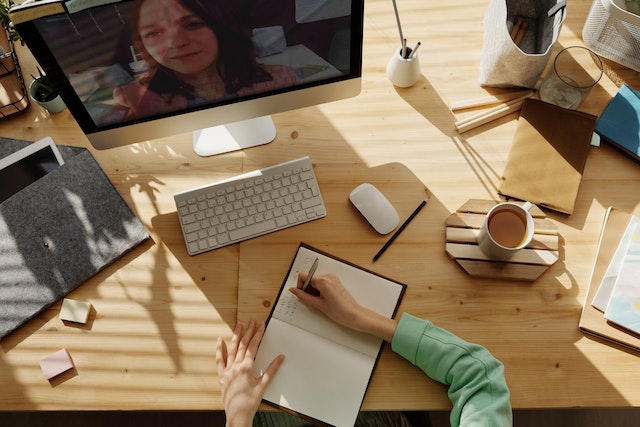The biggest issues impacting on the mental health of a young person with a learning disability are confidence and self-esteem.
It’s not easy to know you can deliver the same as everyone else (and sometimes even more) but that there’s a particular way in which you need to operate to do this and that this way makes you different. For example, you may need more time to complete a piece of writing, you may not know where to start, or you may need a strategy to follow.

Mental health tips for people with a learning disability
1. Recognise your ‘inner critic’
This will help to build self-esteem and confidence. If there are unkind things you say to or believe about yourself, try and think about whether you might say them to a friend if they were feeling the same way as you. Change the self-narrative to a kinder, more accepting one.
2. Challenge perfectionism
It’s easy to try and make up for what you might see as a ‘flaw’ by endeavouring to be perfect. Challenge perfectionism by permitting yourself to make small mistakes, and handing in things on time rather than when they are perfect.
3. Believe in your abilities
And believe in yourself. Do things out of your comfort zone so that you can build confidence and recognise strengths.
4. Don’t be shy to use aids
For example, allow yourself to use flash cards, mnemonics or acronyms to remember spelling, diagrams, highlighters, noise cancelling ear phones, or a computer.
5. Remember: practice is the most important
It takes time for your brain to lay down new neural pathways and learn new ways to think and, through this, to behave or feel. Try and work towards achieving a streak of success over a 30-day period if possible.
For more information on neurodiversity and mental health, check out stem4’s Neurodiversity section.

